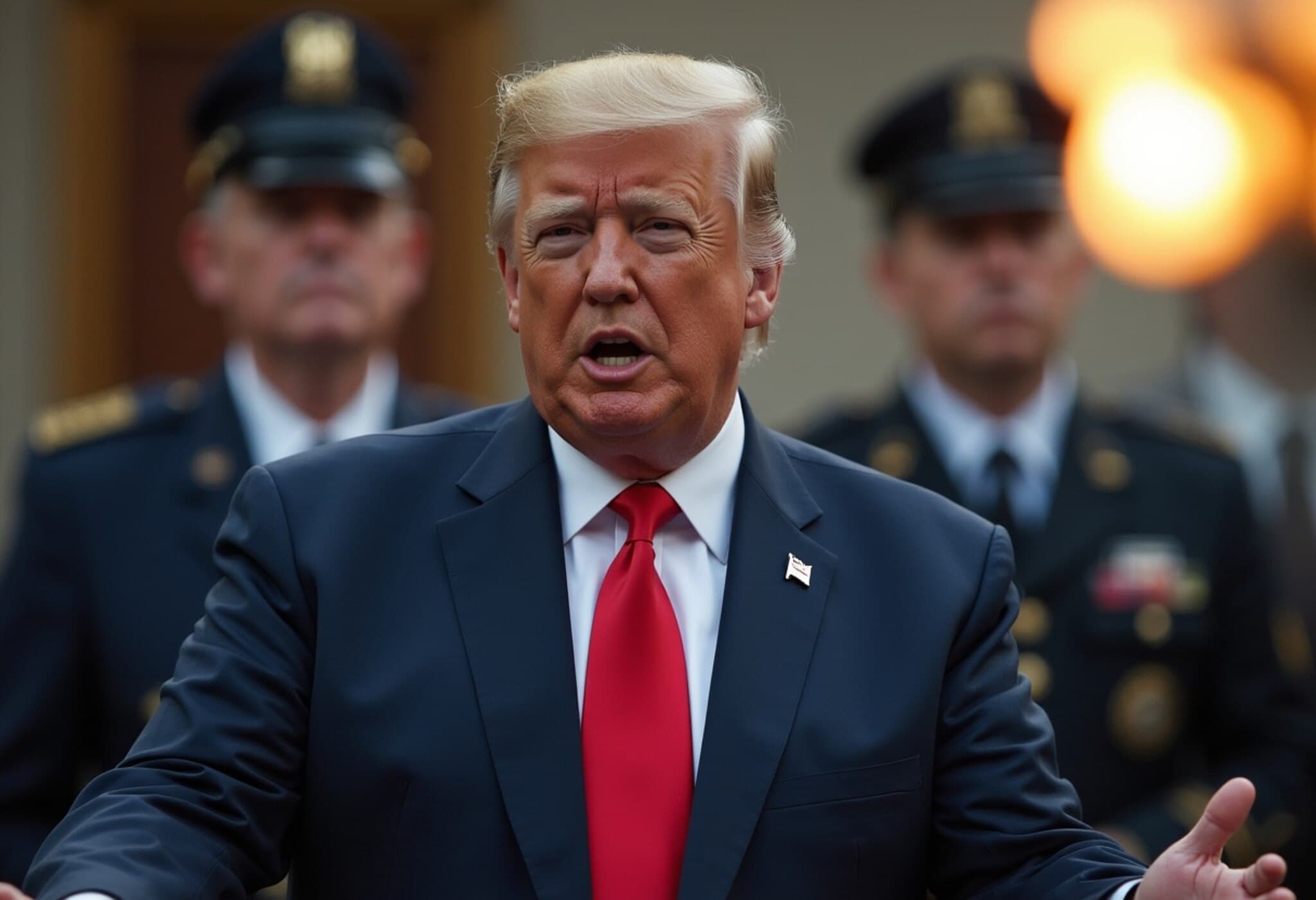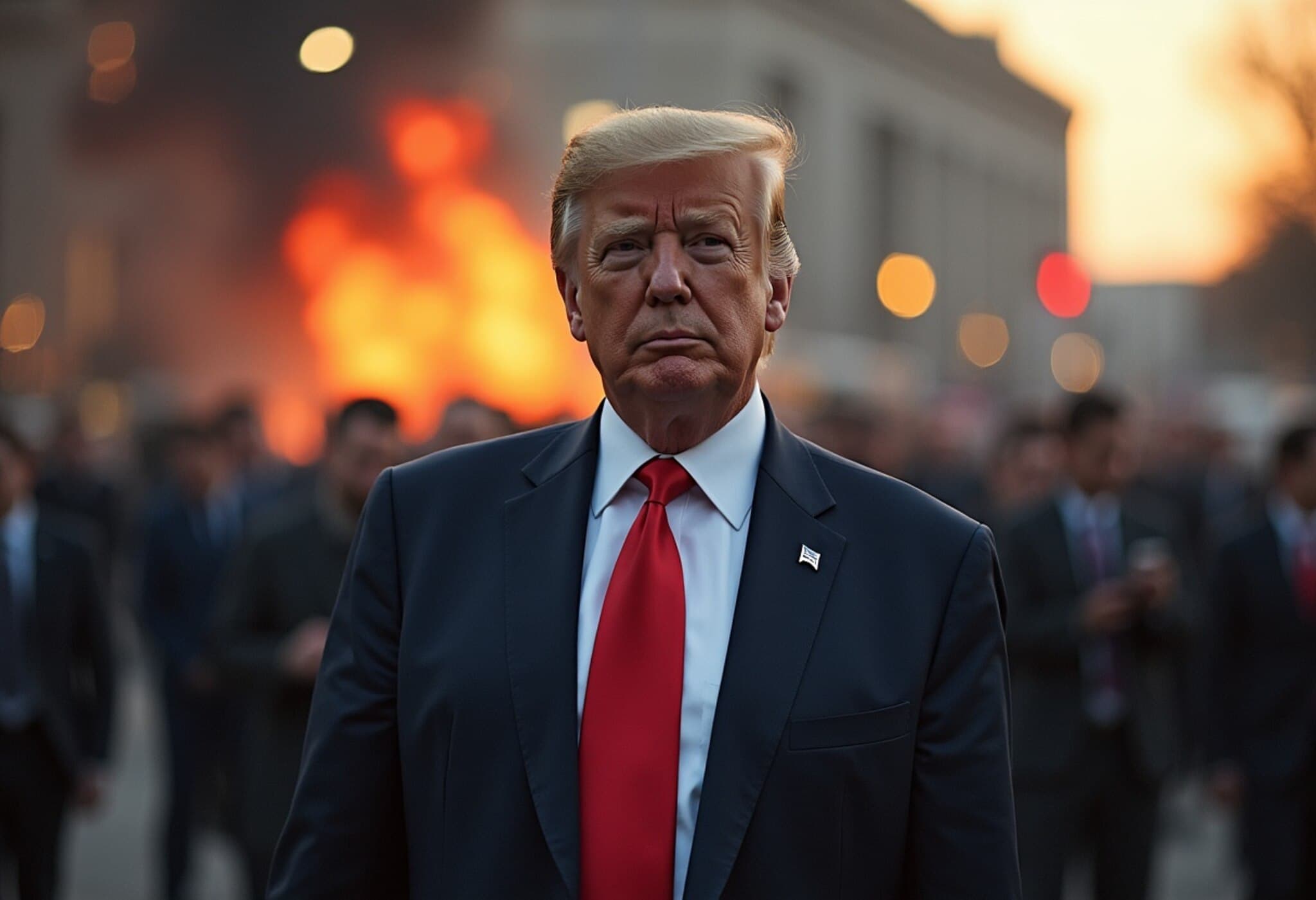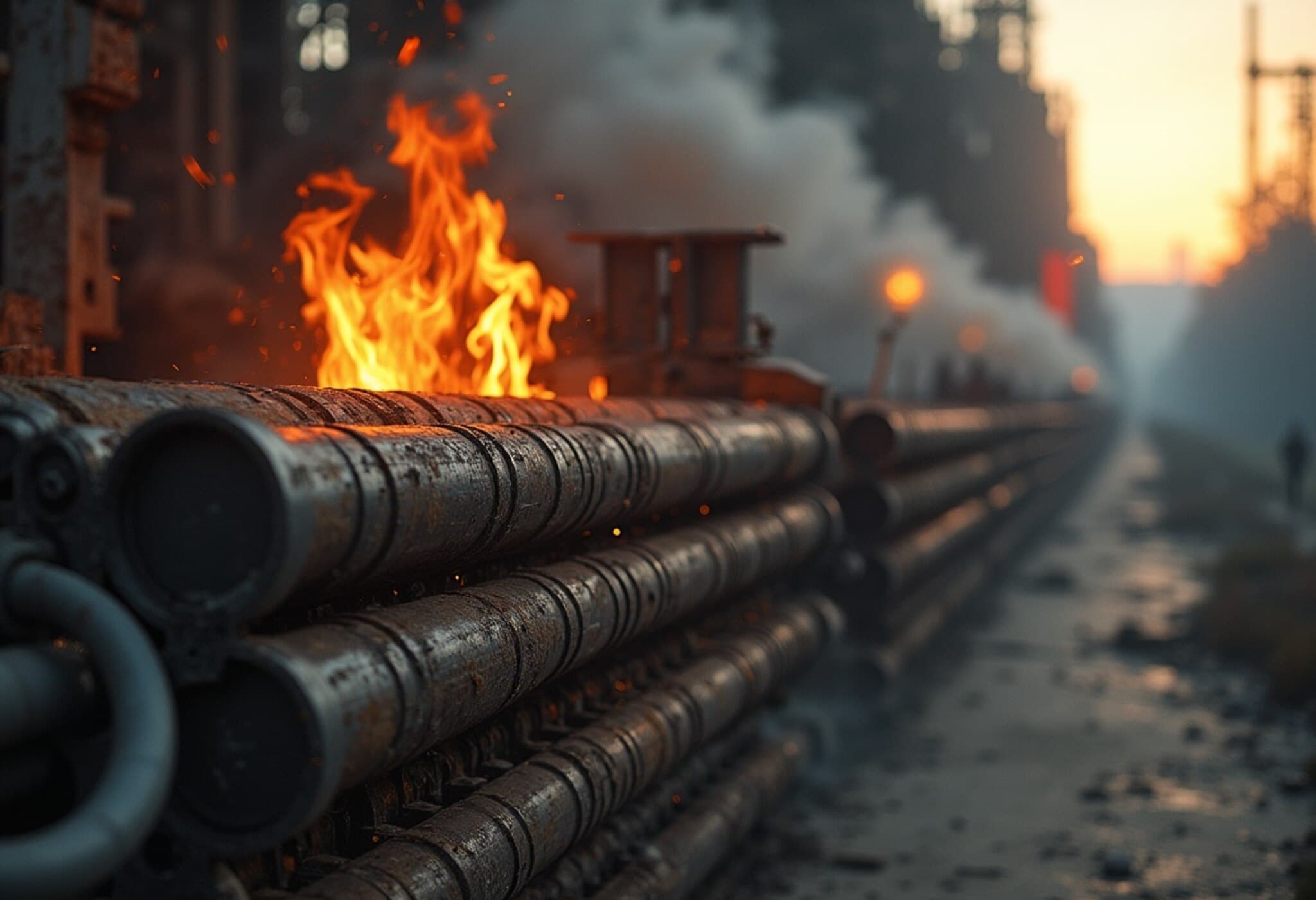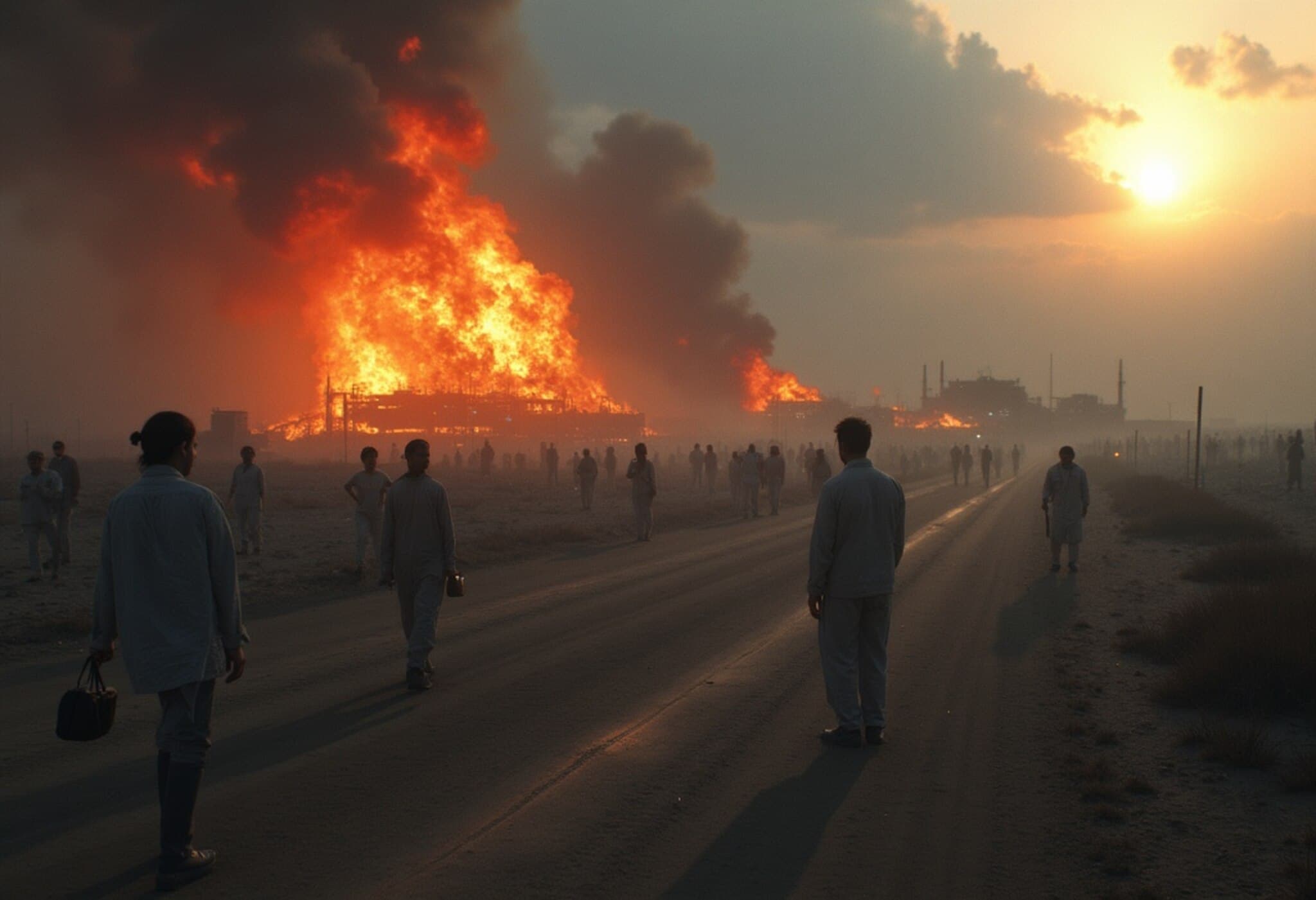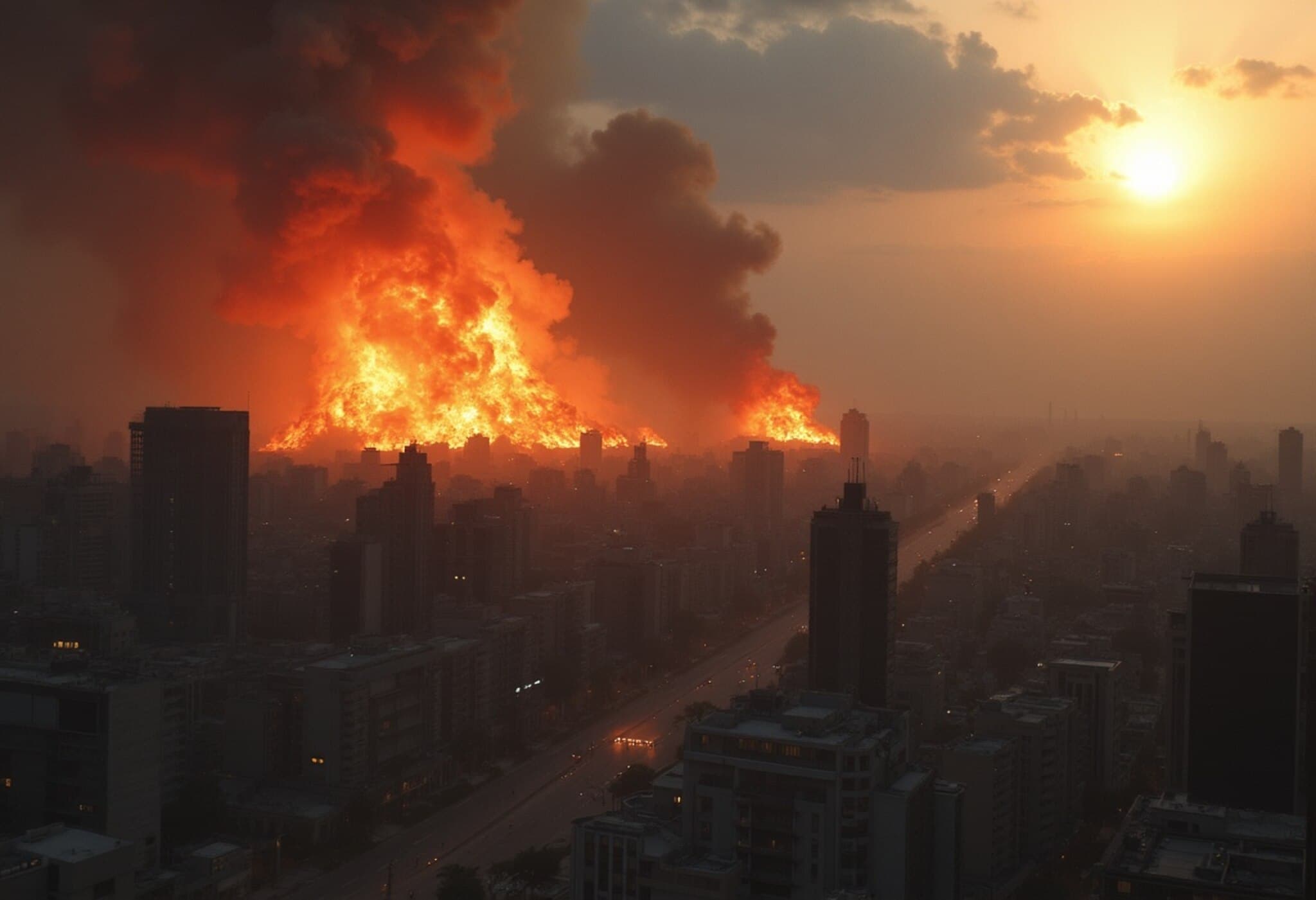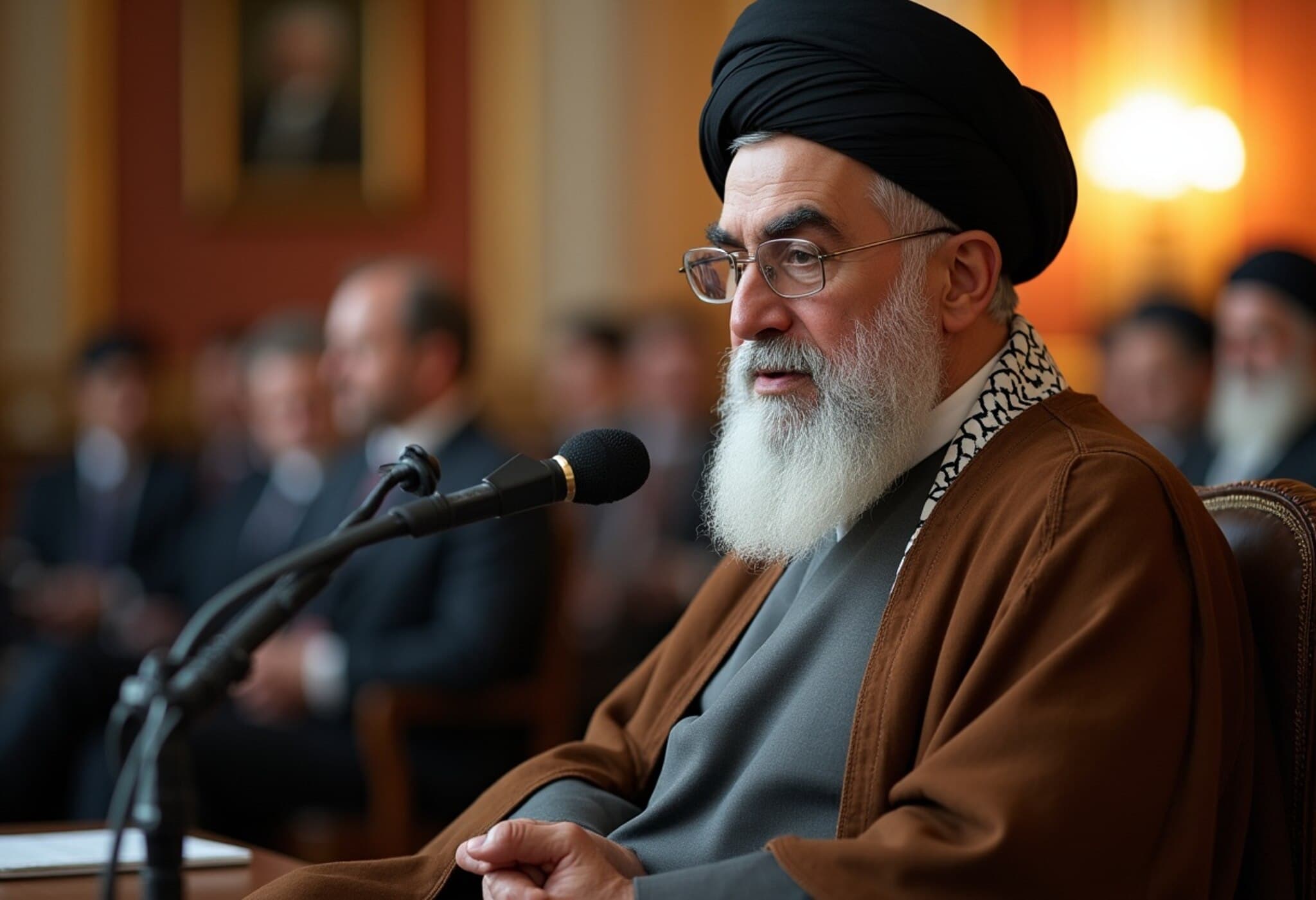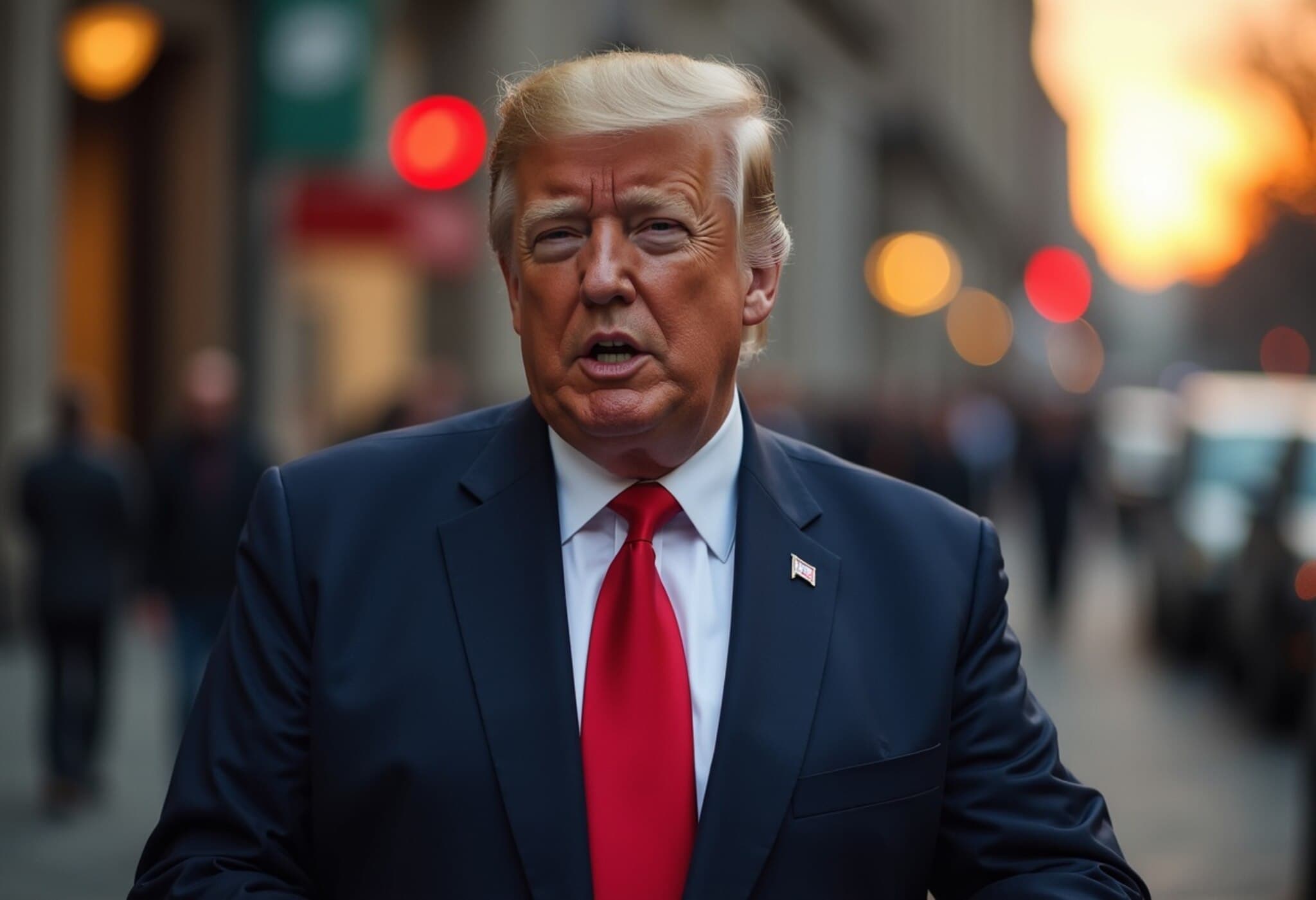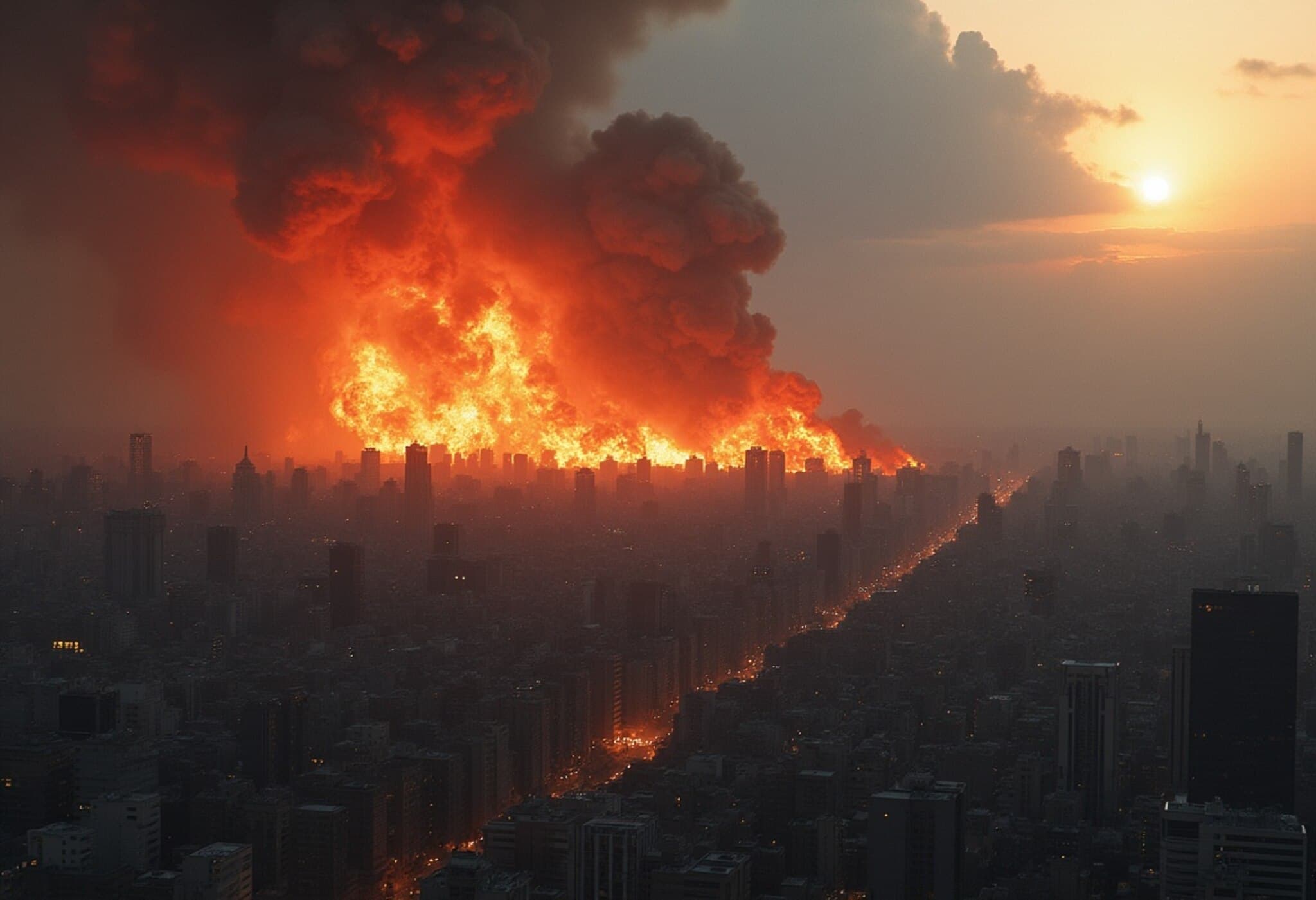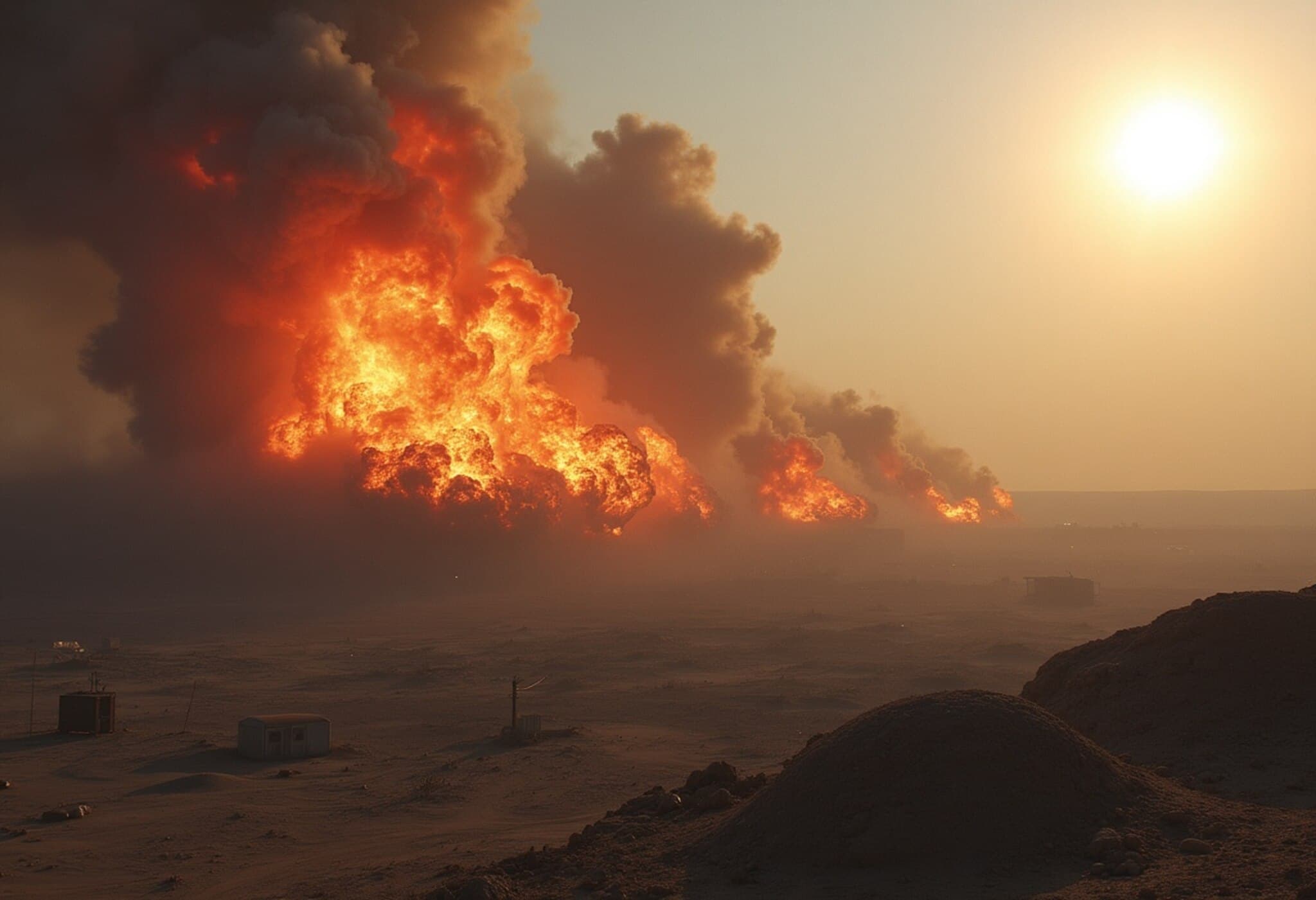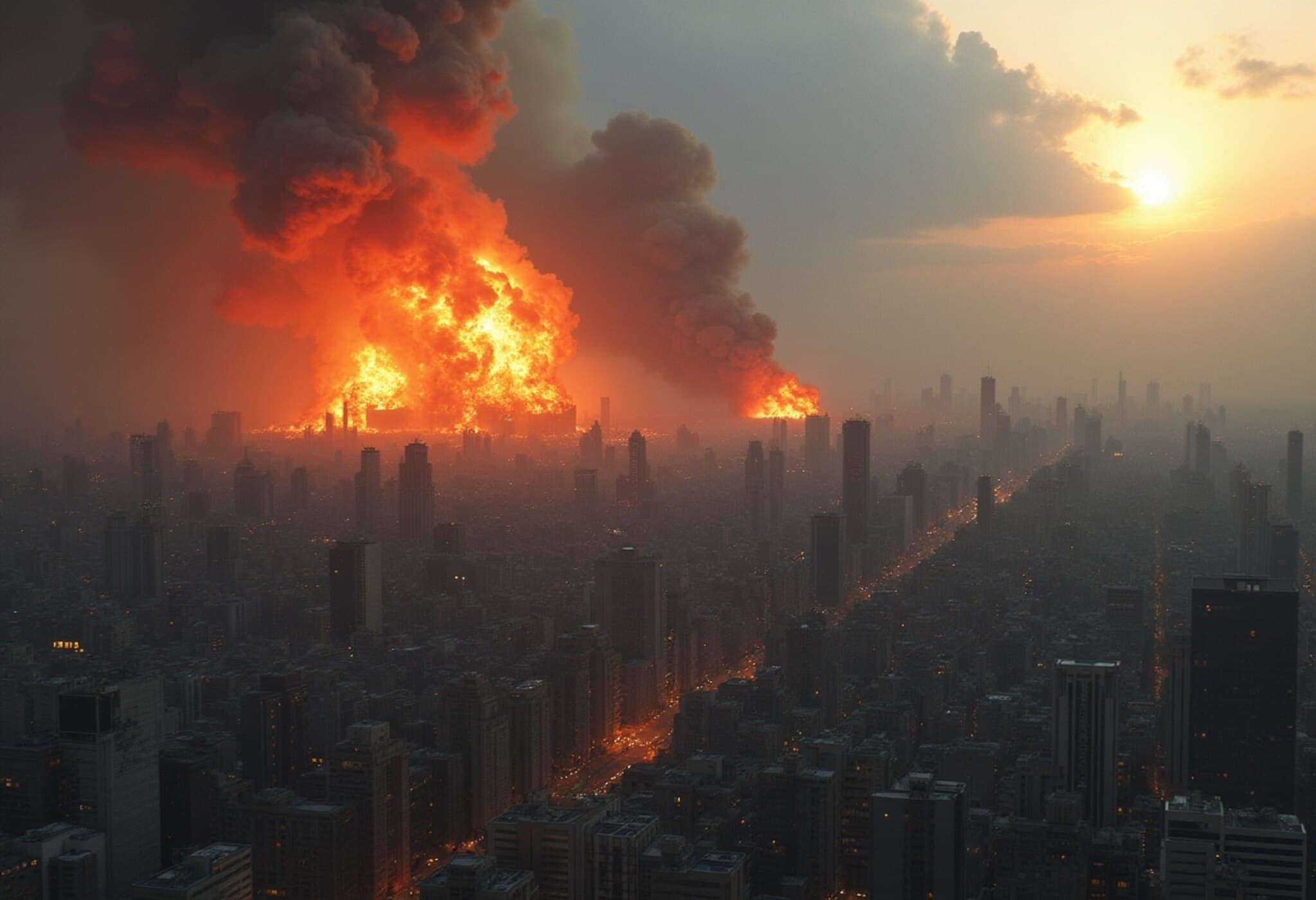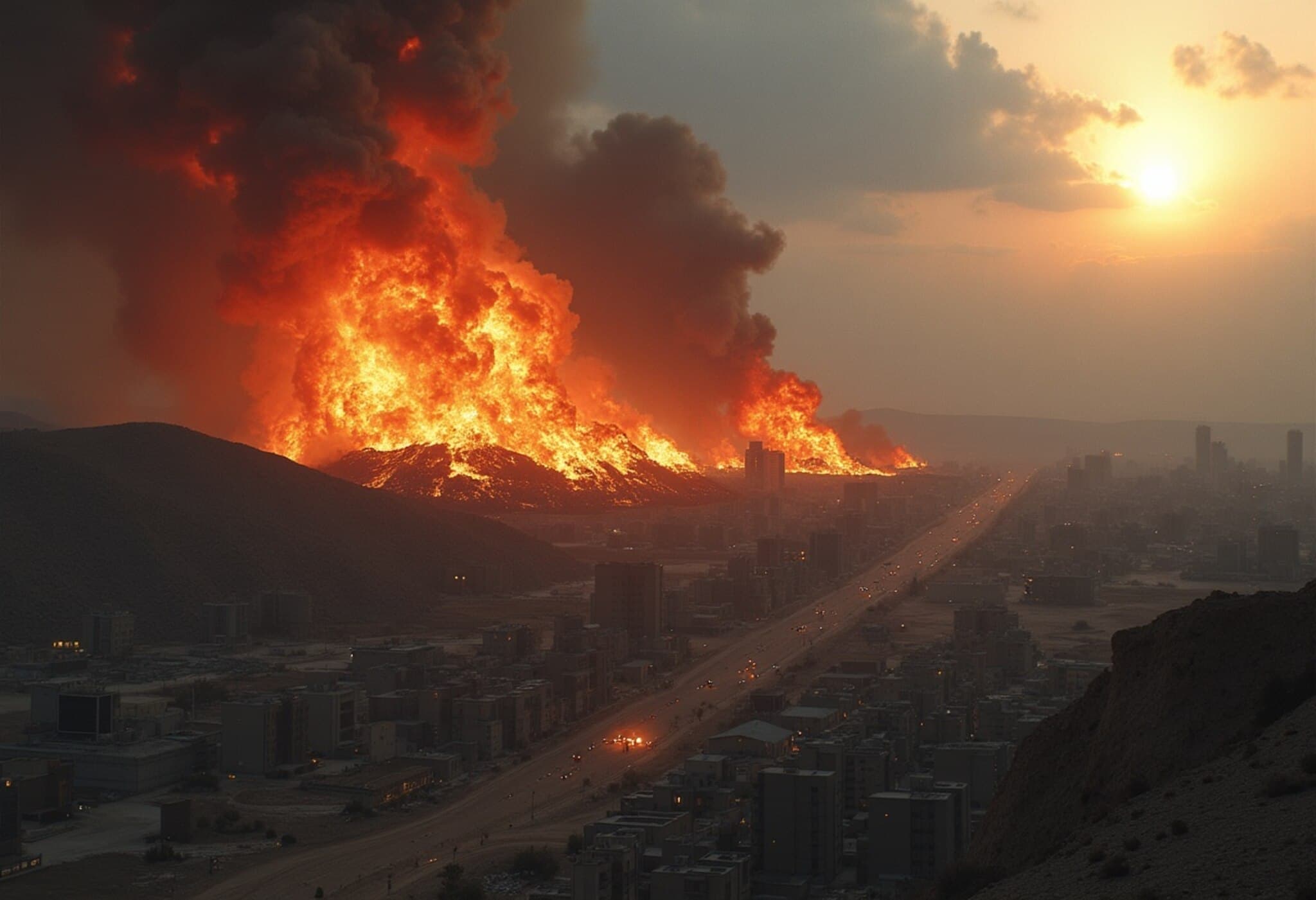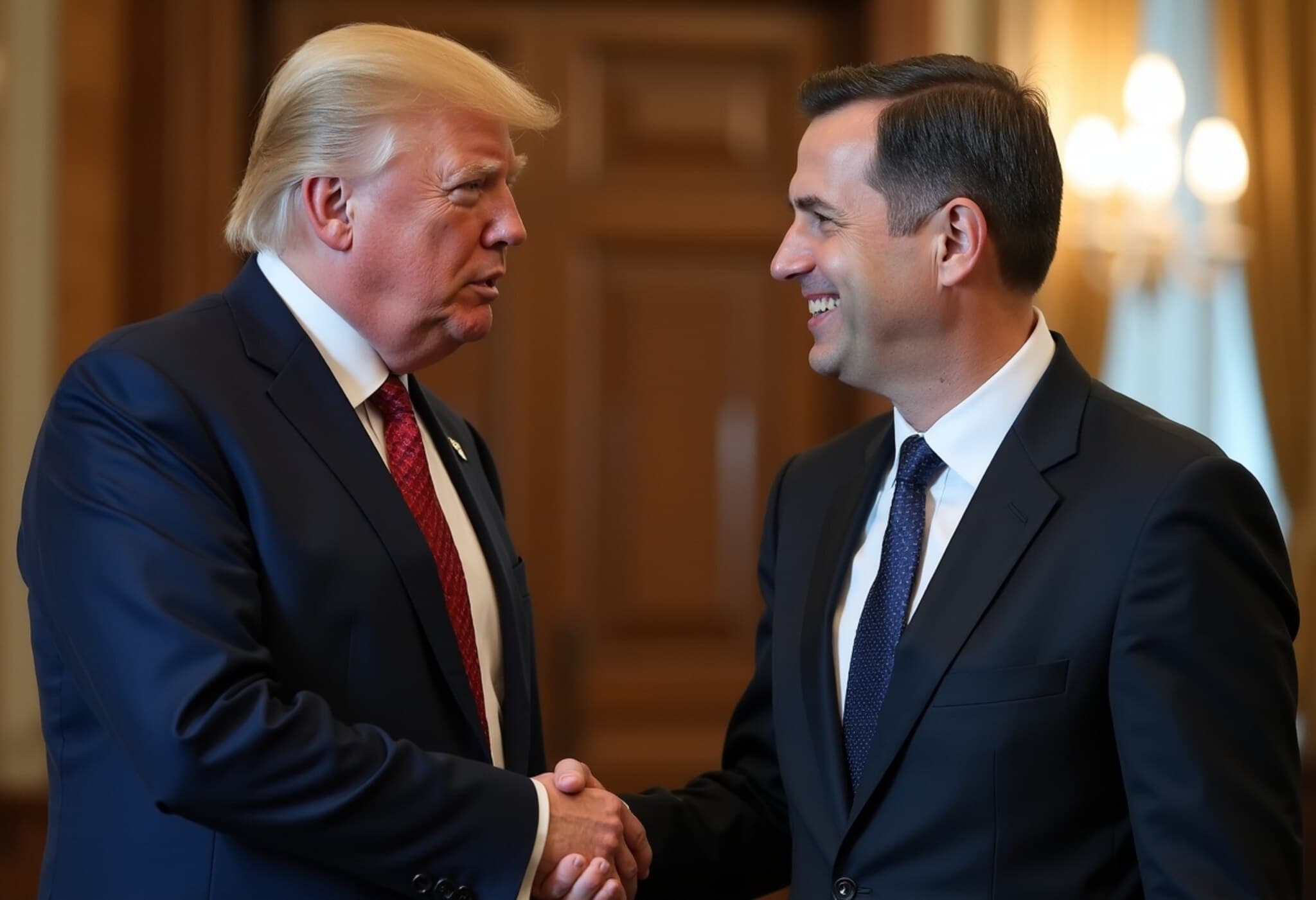US and Iran Prepare for Crucial Nuclear Talks Next Week
President Donald Trump announced that the United States and Iran are scheduled to engage in talks next week to discuss Tehran's nuclear program, with the possibility of reaching an agreement. While Trump indicated a deal might happen, he emphasized it was not an absolute necessity.
Ceasefire Declared, Opening Door for Dialogue
The announcement follows closely on the heels of a ceasefire brokered between Israel and Iran, signaling a momentary easing of tensions in the region. "They fought the war. It's done," Trump stated, adding, "We may ask for a commitment from Iran not to pursue nuclear weapons, but they're not going to be doing it. We may even sign an agreement, but I don't think it's necessary."
Contrasting Perspectives on Impact of US Strikes
Despite the optimism for talks, a recent US intelligence assessment suggests the precision airstrikes targeting Iran's nuclear facilities have only caused minor delays in Tehran's nuclear ambitions. However, President Trump maintained that these strikes delivered a significant blow to Iran's ability to develop nuclear weapons.
Defense Secretary Pete Hegseth supported Trump's stance, describing the intelligence report as preliminary and of low confidence, thereby backing the administration's narrative of a decisive impact.
The Enigma of Missing Enriched Uranium
An alarming discovery has emerged regarding over 400 kilograms of enriched uranium in Iran—enough to produce around 10 nuclear warheads—that appears to be missing. This uranium, reportedly enriched to 60%, could be further refined to 90%, making it weapons-grade material.
Satellite imagery and intelligence hint that Iran might have relocated this uranium and potentially key enrichment equipment to undisclosed sites just before US B-2 bombers targeted facilities in Fordow, Natanz, and Isfahan. Despite raising concerns, senior US officials, including Vice President JD Vance, admit that the current whereabouts of this material remain unknown.
Tehran Vows to Continue Enriching Uranium
In response to the US strikes, Iran’s Atomic Energy Organization head, Mohammad Eslami, assured the public that the country has taken necessary actions to assess damage and continue its nuclear activities without disruption. "Plans for restarting the facilities were prepared in advance," Eslami declared, underscoring Iran’s determination to maintain its nuclear program despite external pressures.
Renewed Negotiations Could Redefine Nuclear Ambitions
President Trump expressed cautious optimism about the upcoming talks, suggesting this window of peace might enable the US and Iran to renegotiate the terms governing Tehran’s nuclear pursuits. While details remain under wraps, he did not rule out the possibility of signing a new agreement during the meeting.
Earlier remarks by Trump highlighted his firm stance: "Iran cannot have a nuclear bomb," yet he voiced willingness to support Iran's success in other areas, such as trade, if nuclear threats are eliminated.
Shifting US Policy Indicates a More Accommodating Approach
Adding to this evolving stance, Trump indicated that China might continue purchasing Iranian oil, suggesting a loosening of the stringent sanctions previously imposed on Tehran. This pivot may signal a strategic move toward more flexible diplomatic engagement.

